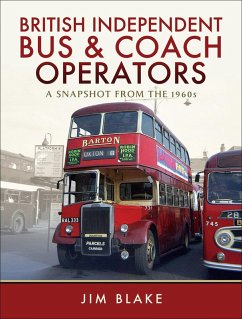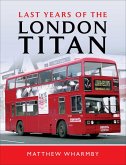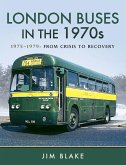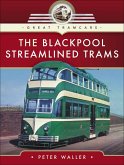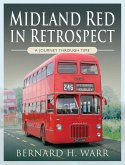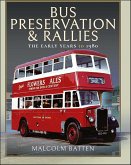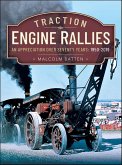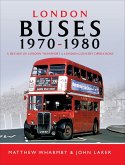A pictorial history of Great Britain's independent bus and coach fleets from the 1960s. During the 1960s, many independent bus and coach fleets existed in Britain, and each varied enormously in size and scope of operation. They ranged from major operators such as Barton Transport (Nottinghamshire); Lancashire United and West Riding who operated stage carriage services as well as coach fleets; or Wallace Arnold Tours of Leeds, a major coach touring company in Britain and Continental Europe; to small operators who possessed just a handful of vehicles. The latter were sometimes involved only in private hire work, for such things as outings to sporting events or theaters, school or industrial contracts or often a combination of both. Smaller operators were based throughout the country, sometimes in tiny villages but also in the heart of large cities. Often the smaller operators bought redundant buses and coaches from major operators, whether BET, BTC (Tilling) or municipal concerns, or London Transport. Many got bargains from the latter, with surplus RT and RTL double-deckers sold following the disastrous bus strike and service cuts of 1958. Conversely, redundant vehicles bought by independent fleets often brought types that came from as far away as Scotland to London and the southeast. In the 1960s, the oldest buses and coaches with independent fleets were those employed on school or industrial contracts. These were not subject to the rigorous tests governing those carrying fare-paying passengers, so could be kept going until they were literally falling apart! These were known as "non-PSVs," i.e. non-public service vehicles. On the other hand, some very small independent fleets, often with the title "Luxury Coaches," took great pride in their fleets. They would purchase new coaches every two or three years and keep them in immaculate condition. The net result was that British independent bus and coach operators in the 1960s had a fascinating variety of chassis and body makes and styles, as well as liveries. This book shows many of these as they were between fifty and sixty years ago.
Dieser Download kann aus rechtlichen Gründen nur mit Rechnungsadresse in A, B, BG, CY, CZ, D, DK, EW, E, FIN, F, GR, HR, H, IRL, I, LT, L, LR, M, NL, PL, P, R, S, SLO, SK ausgeliefert werden.

